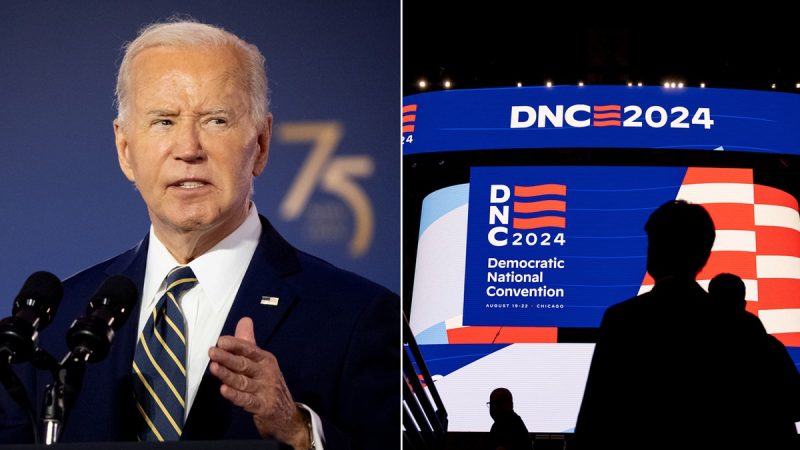In the wake of the Democratic National Convention (DNC), the spotlight has shifted towards the possibility of DNC delegates abandoning former Vice President Joe Biden as the party’s presidential nominee. This prospect raises questions about the Democrats’ nomination process and the implications of such a move.
To delve into this matter, it is crucial to understand the role and responsibility of DNC delegates. These delegates are individuals chosen to represent their states at the DNC and officially nominate the party’s candidate for the presidency. While they are expected to honor the results of the primary elections, they also carry the weight of safeguarding the party’s best interests and ensuring they select a candidate capable of defeating the incumbent President.
The discussion about abandoning Biden as the nominee stems from concerns about his electability and ability to unify the party. As a veteran politician with a long record, Biden has faced criticism for his past stances on issues such as criminal justice reform, trade agreements, and women’s rights. Additionally, his age and gaffes on the campaign trail have raised doubts about his capacity to energize voters, particularly younger demographics and progressives within the party.
However, the idea of DNC delegates abandoning Biden raises ethical and logistical challenges. Changing the nominee at this stage would not only be unprecedented but also risk alienating a significant portion of the party’s base. It could be perceived as undemocratic and undermine the legitimacy of the nomination process, potentially leading to internal divisions and voter disillusionment.
Moreover, the timing of such a move presents a practical obstacle. With the general election drawing closer and early voting already underway in some states, replacing Biden would require a monumental effort to reorganize campaigns, recalibrate messaging, and secure ballot access in all states—a Herculean task that could jeopardize the Democrats’ chances in November.
Ultimately, while the concerns about Biden’s candidacy are valid, the prospect of DNC delegates abandoning him as the nominee remains highly improbable. Instead, the focus should be on addressing these concerns through dialogue, policy discussions, and strategic messaging to present a united front against President Trump. By working together to address the challenges ahead, Democrats can position themselves as a strong and coherent alternative in the upcoming election.
In conclusion, the discussion around the possibility of DNC delegates abandoning Joe Biden as the party’s nominee reflects genuine concerns about his candidacy. However, such a move would present formidable ethical and logistical challenges that could undermine the Democrats’ chances in the general election. As the party looks towards November, prioritizing unity, inclusivity, and strategic planning will be essential to mount a successful challenge against the incumbent President.

